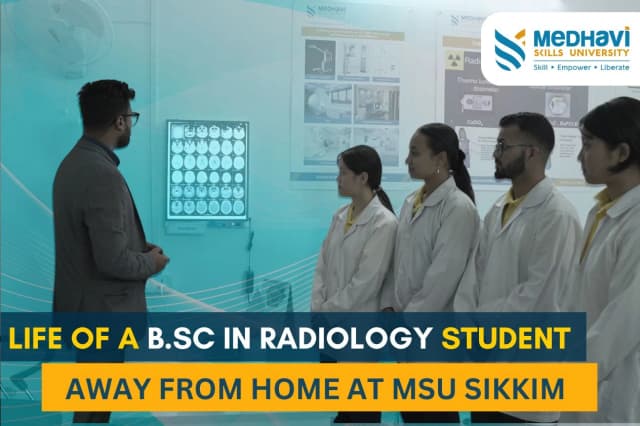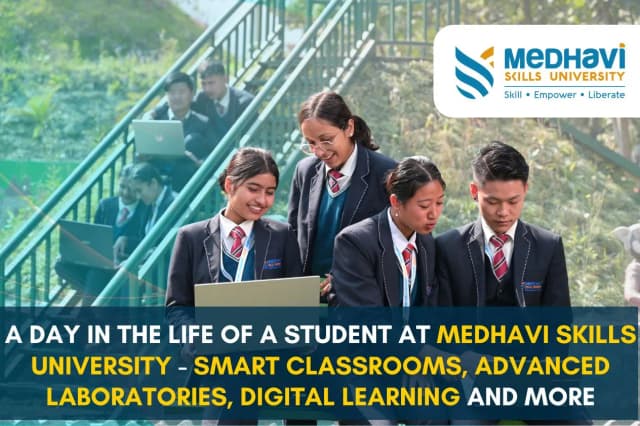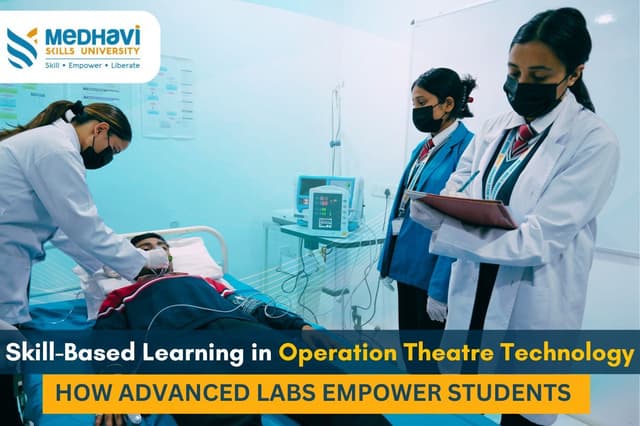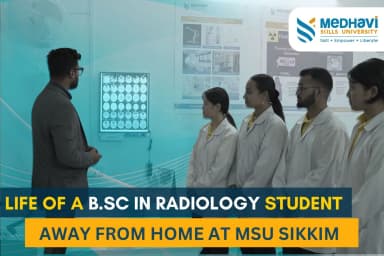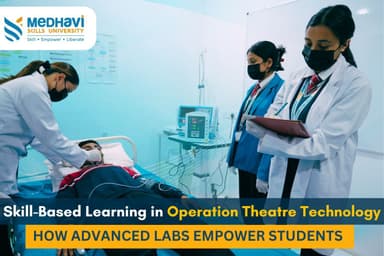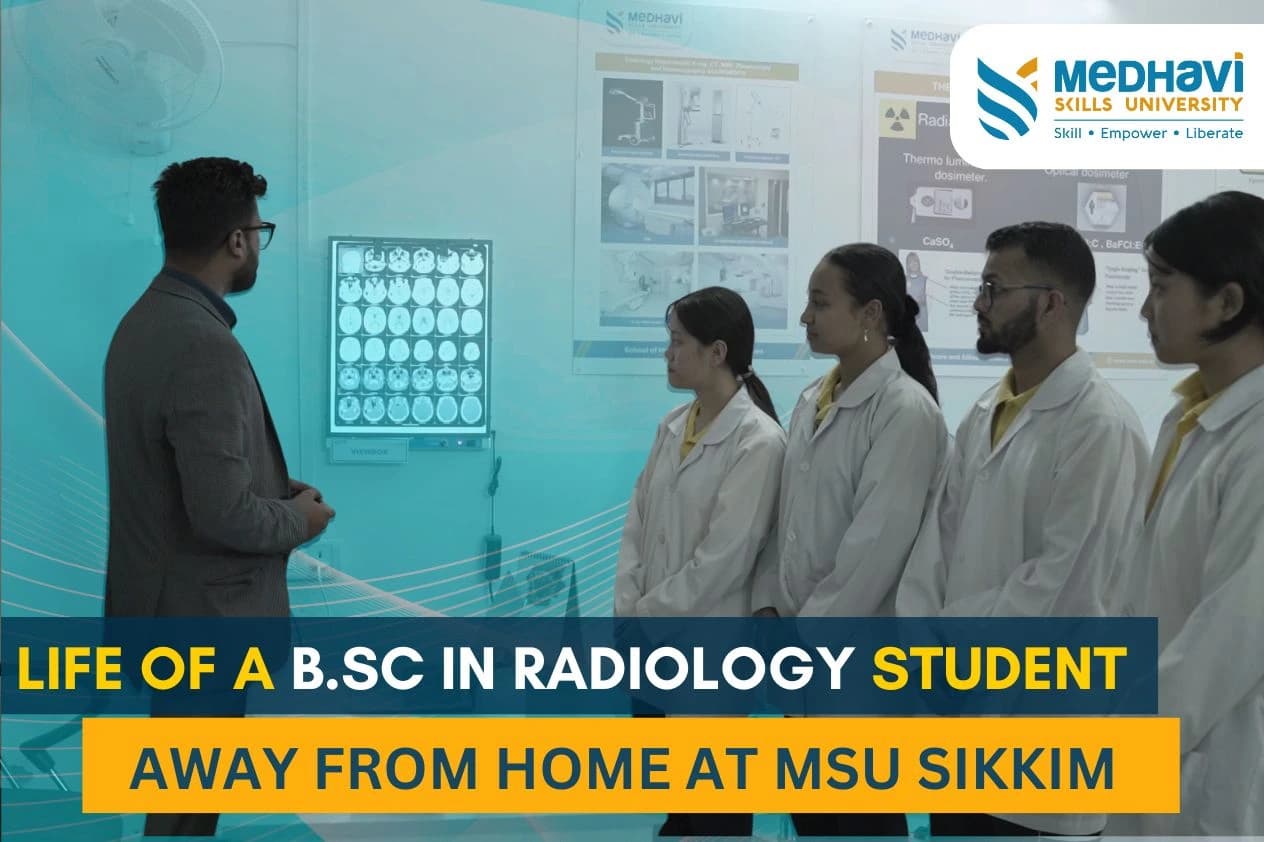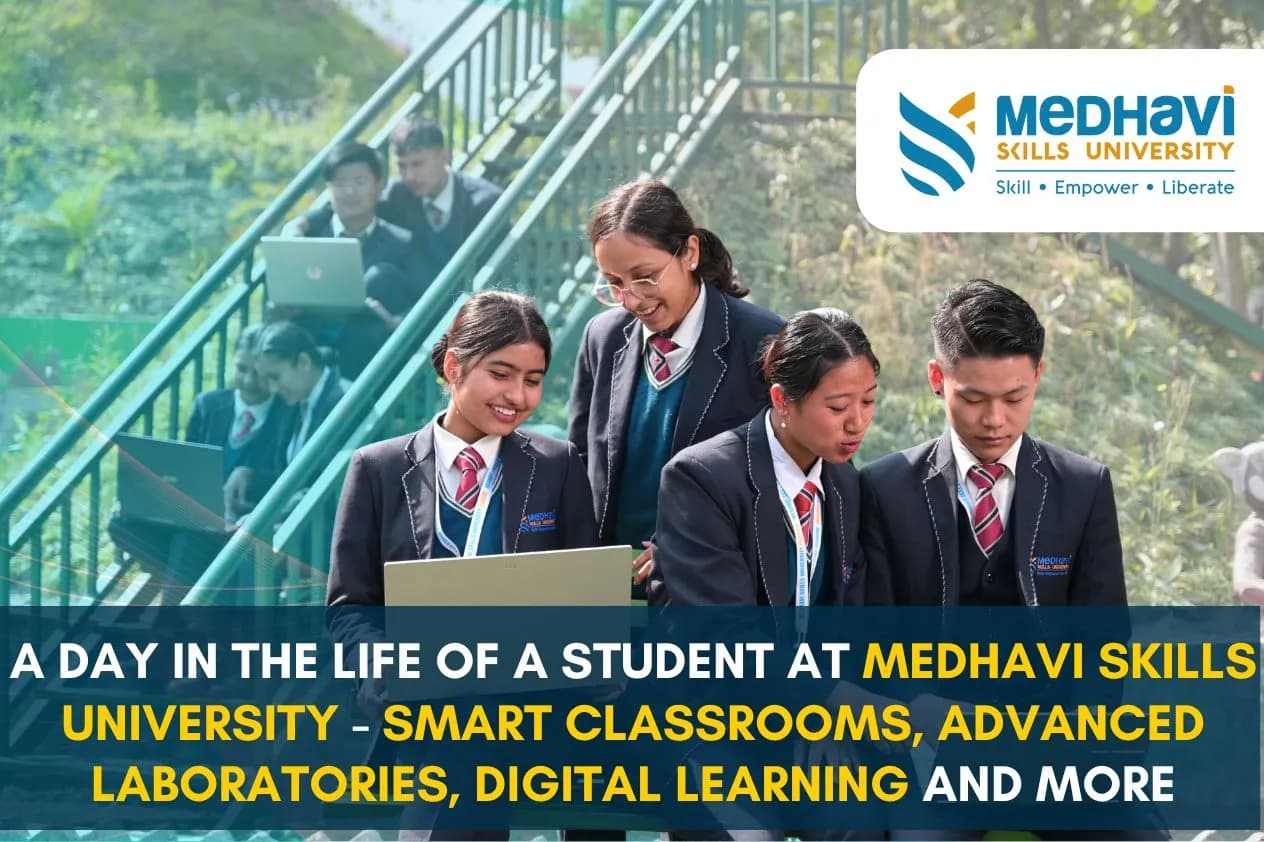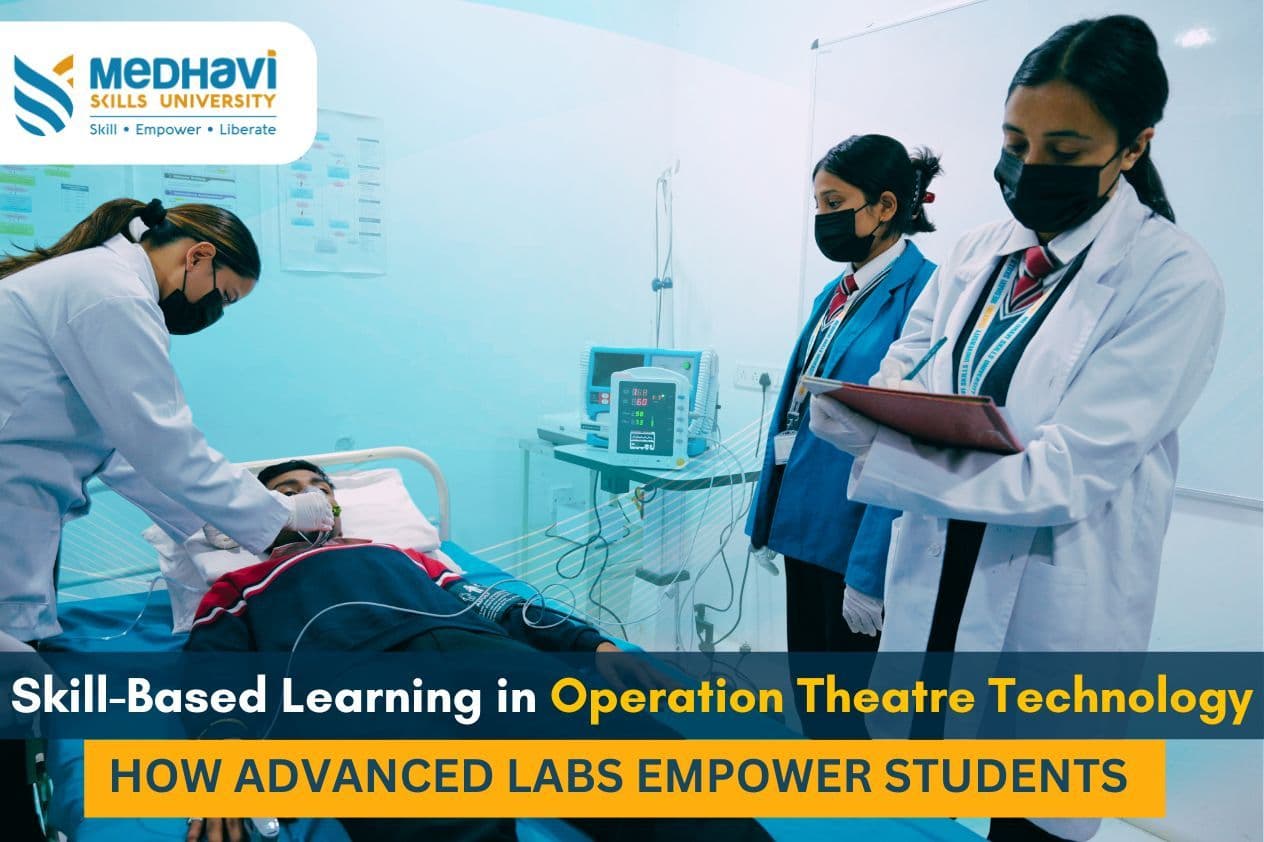Unlocking The Secrets To Great Hospitality [A Hotel Management Perspective]
Hospitality is the defining pillar that helps to forge and fortify brand images as well as effectively steer business growths in hotel, travel, tourism, and to some extent entertainment industries. A good hospitality ecosystem always helps in building loyal customer base and strengthening public relations for leisure-oriented service providers like hotels, resorts, restaurants, cafes, casinos, bars, travel agencies, etc. Therefore, it is always necessary to have hospitality staff trained and updated with latest industry practices related to hospitality service improvement and cultivation. In this article, we are focusing on how to establish great hospitality services from a hotel management perspective.
Incorporating Non-scripted Customer Services
Modern-day customers, especially millennials and gen z people, are well aware of the dynamics of social psychology. They can effectively differentiate authenticity from pretense and are informed enough to assess whether an interaction is manipulative and phony containing hidden motives, or real and spontaneous with the willingness to truly serve and deliver real value to customers. It is therefore very important for hotel authorities to ensure that their staff is maintaining real interactions with guests. Interactions that are true and organic, and do not appear to have been artificially manufactured.
Rendering Appropriate Recognition To Customers At The Right Time
Guests arriving at hotel premises could have undergone a wide variety of experiences on their way to the hotel. They could be exhausted after their long tiring road trip, or could be frustrated due to some random argument they got entangled in on their way, or they could be in a hurry to get their rooms and freshen up as early as possible so as to visit a particular tourist spot on the very same day. Whatever the situation might be, customers always want to get recognized and have their demands met at the very moment they ask for them. Therefore, it is important that hotel staff starting from receptionists, lobby personnel, and housekeepers to chefs, drivers, trip planners, and room service providers; all keep appropriate engagement with guests so that there is no delay in any service.
Training Hotel Staff With The Right Skills & Mindsets
Customers hate wait times, especially when it comes to addressing their grievances. The wait times are primarily due to hotel staff seeking approvals from upper management prior to executing the solutions. To make sure that customers don’t have to face wait times, as well as get effective solutions catered specifically towards their problems, hotel authorities need to train their staff with the required skills for tackling challenging situations independently without the need for reviews, approvals or guidance from their supervisors or reporting higher authorities. It should also be ensured that training content has constructive guidelines for developing the right mindset of being proactive and agile about responding to existing or potential inconveniences that could be faced by customers. Overall, a culture of training and assessment should be incorporated to govern the quality of services being delivered by hotel staff.
Cultivating Skill-Based Recruitment & Delegation Practices
Not every people trained in hotel services are able to execute all types of hospitality tasks. Hotel staff can be good at multiple tasks like engaging in amicable meet and greet conversations, delivering quick services across vast physical distances, effectively handling customer grievances at scale, etc. Every task requires a specific skill set and key acumen, and different people have them inherent or developed within them at varying levels. It is, therefore, very important that people are hired based on their traits and competencies at departments that suit them the best so that their services are naturally of standard quality. Also, delegation of tasks in accordance with skills and acumen should also be practiced across every department, so that service-related challenges are met with efficiency and at scale.
Integrating Emerging Technologies Within The Hospitality Ecosystem
The rate of technological advancement is getting exponential over time. Industries all across the world are embedding emerging technologies within their strategic and operational architectures for staying competitive in the market. Hotel managers should therefore seek to navigate this disruptive trend by streamlining their services with innovative technologies like AI (Artificial Intelligence), IoT (Internet of Things), Blockchain, Cloud Computing, etc. One thing that should be borne in mind is that adding technologies alone is never sufficient in improving the functions of a business. Especially in hospitality ecosystems, where manual interactions are of utmost importance, training every staff in getting acclimatized to new technology landscapes and being strategic when it comes to forecasting upcoming disruptions is extremely vital for convenient technological navigation and consistent ROI delivery.
How Medhavi Skills University Can Help You Become A Great Hospitality Practitioner
At Medhavi Skills University (MSU), we offer Bachelor of Science (B.Sc) degrees in hospitality domains like Hotel management, tourism management, etc. We also offer diploma in culinary arts for shaping future chefs. Our curriculums are designed with latest industry trends and practices that help every student in identifying their hidden competencies and establishing industry-relevant skillsets for career growth.
Final Thoughts
Establishing great hospitality practices requires systematic engagement and quality inspection across all departments. Like hotels, it is always recommended that upper management takes part in being a key driver of operational success through strategy implementations, employee engagement, effective feedback systems, and last but not the least incorporating a culture of learning and development.
![Unlocking The Secrets To Great Hospitality [A Hotel Management Perspective]](/_next/image?url=https%3A%2F%2Fmsu-website-all-objects.s3.ap-south-1.amazonaws.com%2Fblog%2F2D6sEXYNZlE6ZoHvKBni9KjHT9MaqjFoAXvR7aXf.png&w=1920&q=75)
